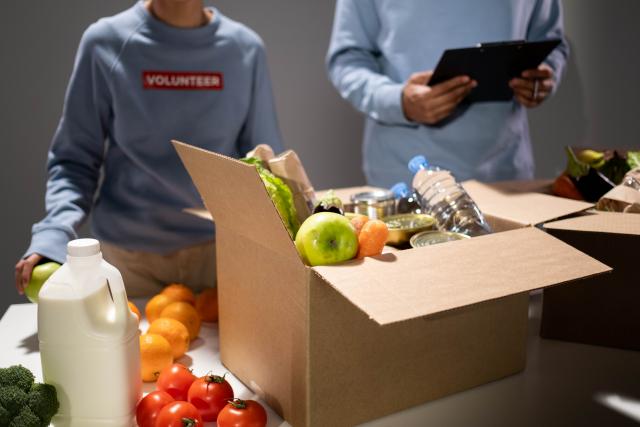Elsie Lange
New research by the Salvation Army has found more Australians are struggling to afford basic expenses, including housing, food, utilities and health care.
The study surveyed more than 1400 people between November and December 2021 who have reached out to Salvos’ services for support – and the results reflect what is being experienced on the ground at the Salvation Army Sunbury Corps (SASC).
Research showed 78 per cent of respondents were in housing stress – paying 30 per cent or more of their household income on housing – with 48 per cent in extreme housing stress – paying 50 per cent or more of their household income on housing.
SASC senior minister Kimberley Featherston said she’s seen the housing stress people are experiencing first hand.
“We do have quite a number of clients that do have difficulty accessing affordable housing, and that’s not just an issue with the services that we’re providing, but we’re seeing that Sunbury-wide,” Ms Featherston said.
The demand for services provided by the SASC doesn’t wane, in fact Ms Featherston said it’s been a constant stream, with new clients seeking support as well.
“From a week to week, we might be seeing the same amount of people, but we are still seeing the new faces, which means that it’s increasing from where we have seen it previously,” she said.
The report has been released as part of this year’s Red Shield Appeal, the Army’s signature fundraising drive.
Salvation Army national public relations secretary Major Bruce Harmer said in recent years, Australians have faced unprecedented economic stress and uncertainty due to the pandemic, inflation and the rising cost of living.
“Sadly, almost half of those surveyed have been forced to go without meals due to shortage of money, 36 per cent can’t afford medicines prescribed to them and 32 per cent can’t pay their rent or mortgage on time,” Major Harmer said.
Ms Featherston said she’s noticed clients put off seeking support because of the stigma around asking for a hand.
“Often it is the new faces we are seeing, they have left it until the very end moment before they reach out because it’s the first time they’re having to ask for help,” she said.







